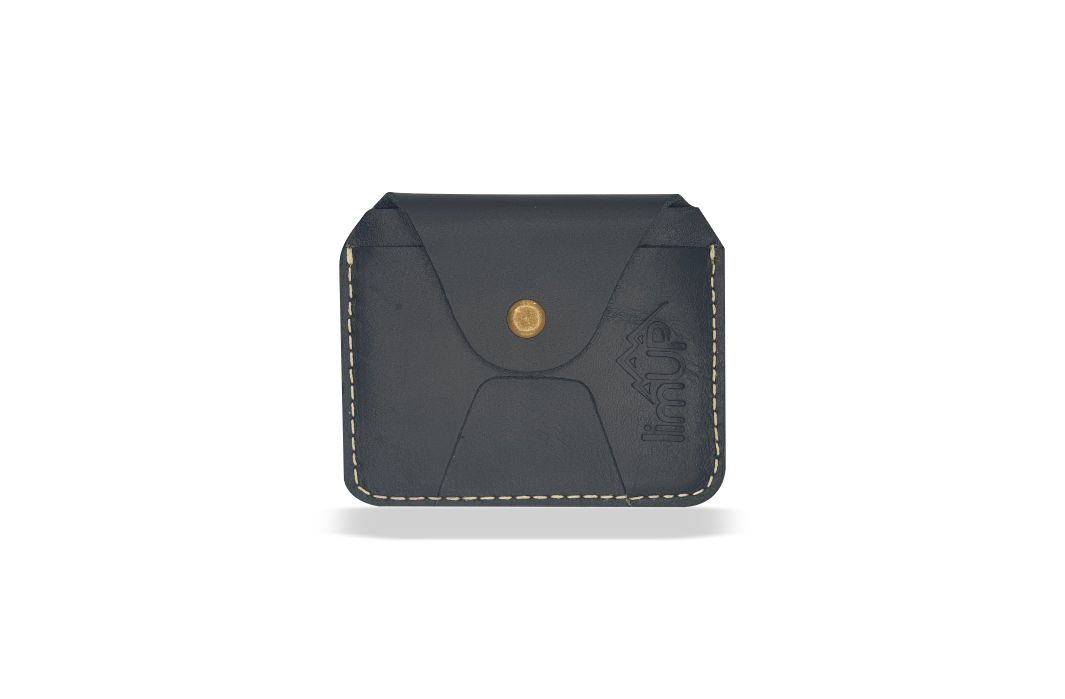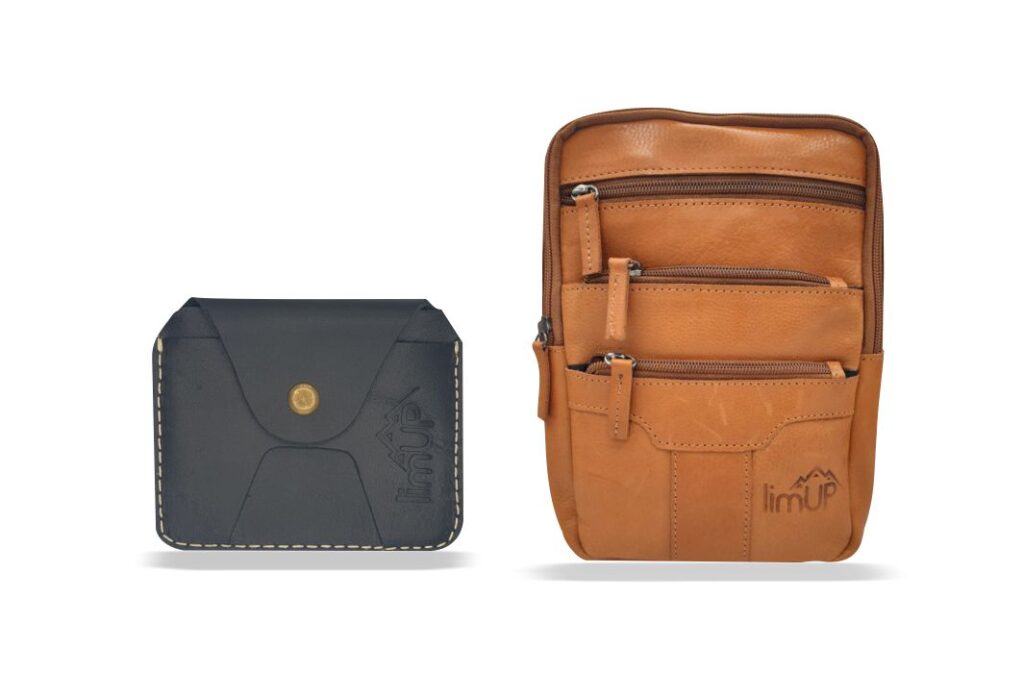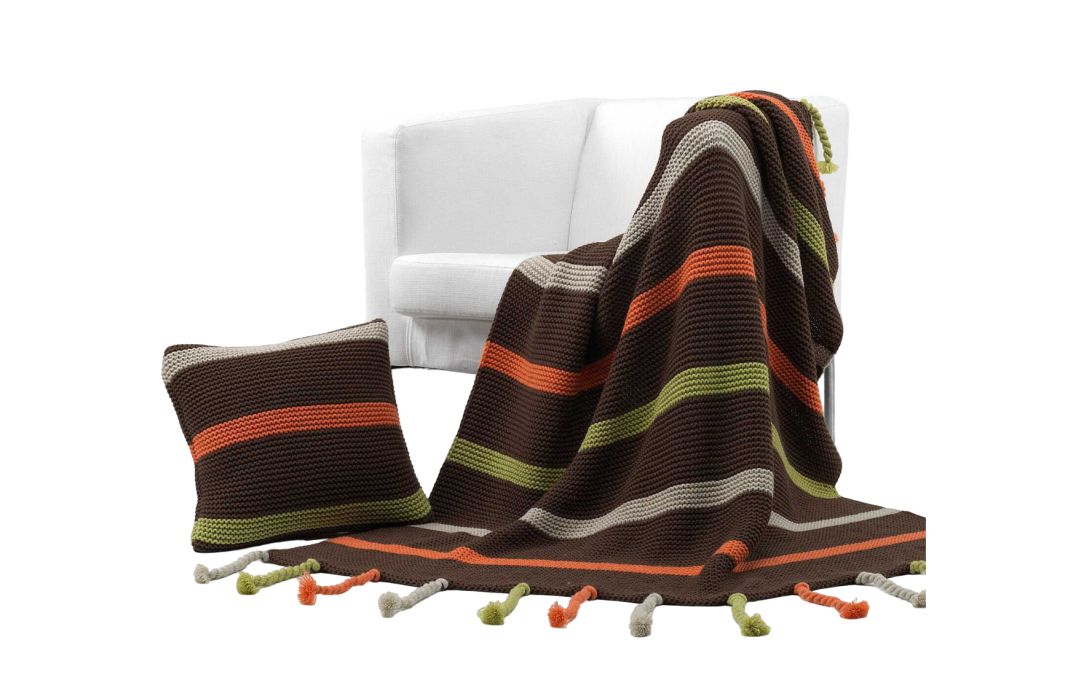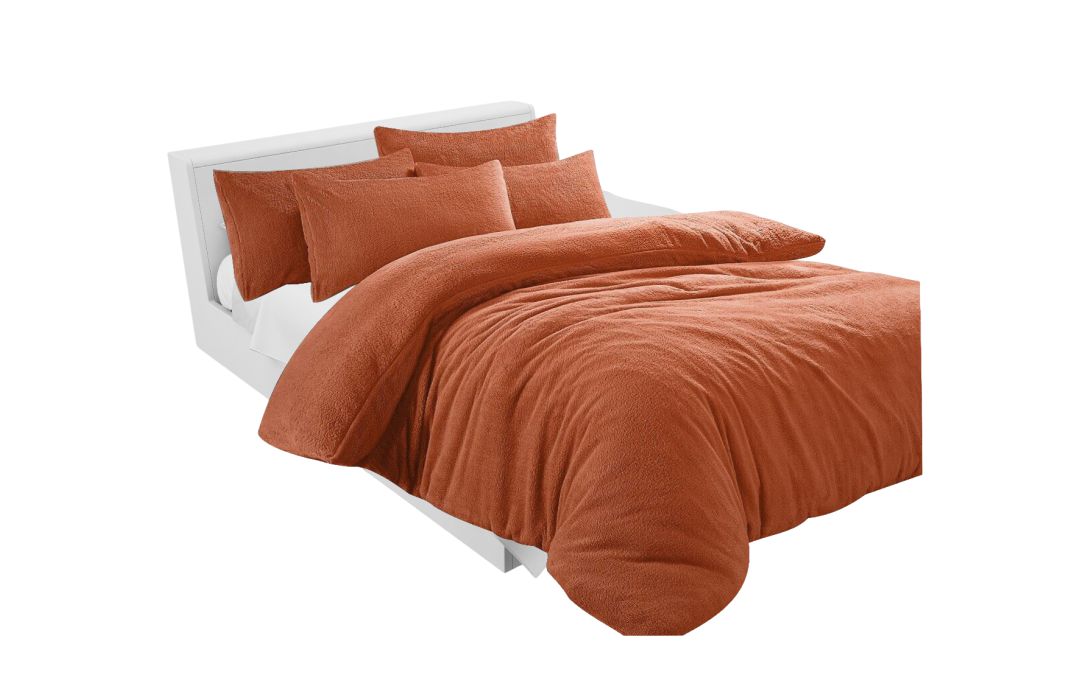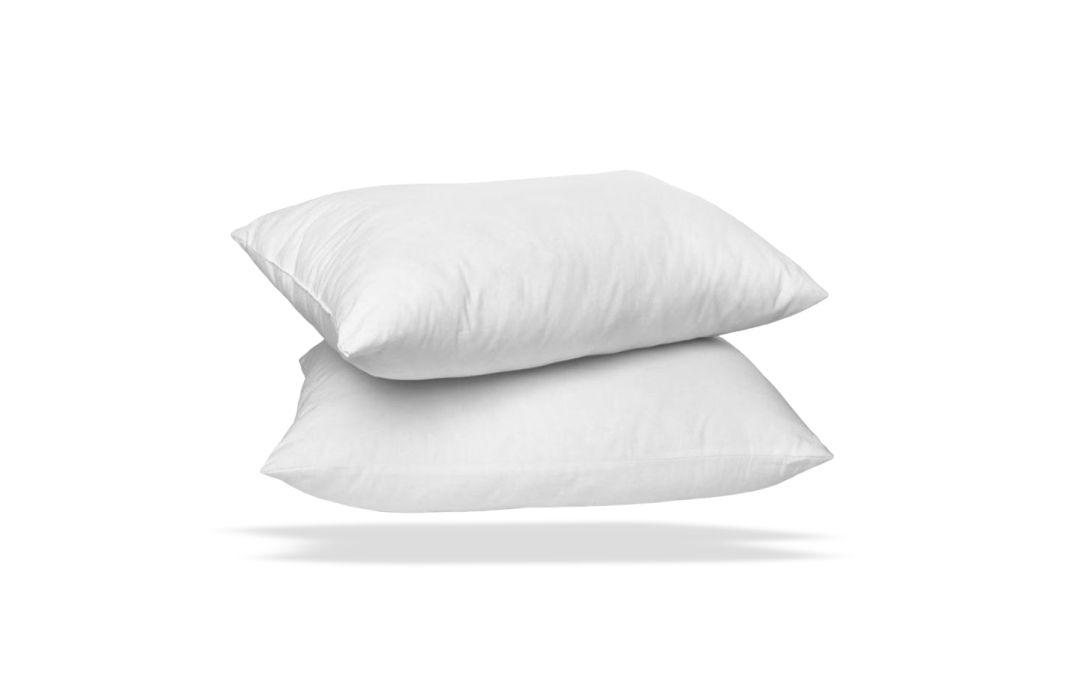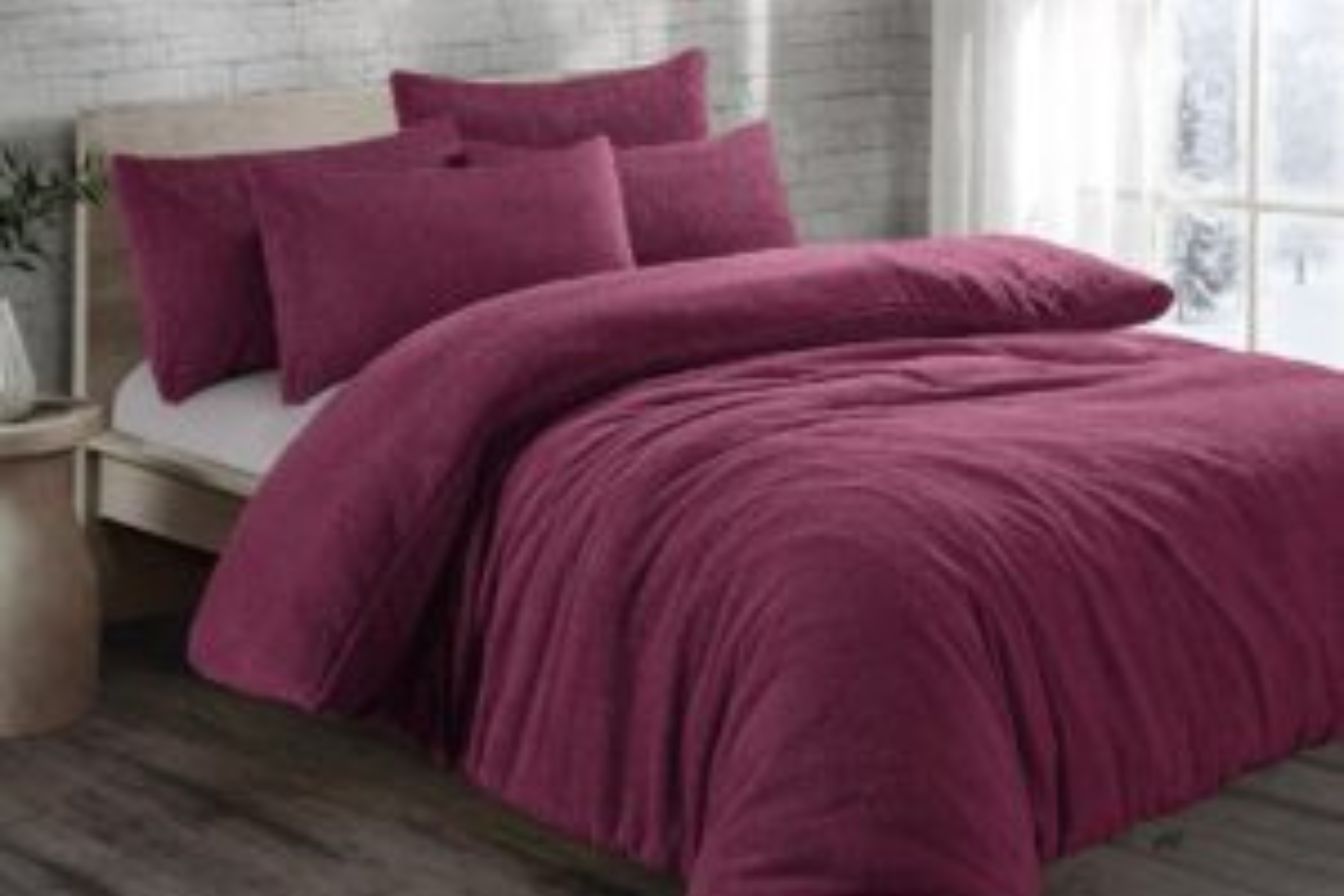Duvet Covers in the UK: Everything You Need to Know
Key Takeaways
- Market Growth: The UK duvet cover market is growing rapidly, especially in the residential sector.
- Material Matters: Cotton is the most popular material, but sustainable options are rising.
- Consumer Preferences: People prioritize comfort, aesthetics, and eco-friendly products.
- Price Ranges: Duvet covers a range of budget-friendly to premium options.
- Standard Sizes: Understanding standard dimensions helps you choose the right duvet cover.
Introduction
Duvet covers are more than just a protective layer for your duvet; they are a key element in bedroom décor and comfort. Whether you want to refresh your bedroom’s look or seek a cozy night’s sleep, understanding duvet covers can make a significant difference.
1. The Growing Market of Duvet Covers
The UK bed linen market, including duvet covers, is booming. It’s projected to grow at a compound annual growth rate (CAGR) of 5.3% from 2024 to 2030. The residential sector largely drives this growth, as more people invest in home aesthetics and interior decoration.
2. Why Material Matters
Choosing the right material for your duvet cover is essential for comfort and durability.
Cotton
Cotton is the most popular choice due to its breathability and durability. A recommended thread count of 300+ ensures a soft and long-lasting fabric.
Linen
Linen duvet covers are highly durable and get softer with each wash. They are excellent for temperature regulation and have natural bacterial resistance.
Silk
Silk offers a luxurious feel and is ideal for humid climates. It naturally repels dust but typically requires special care.

3. The Rise of Sustainable Materials
Sustainable materials like organic cotton, hemp, and bamboo are gaining popularity. Consumers are becoming more eco-conscious, seeking products that are good for them and the planet.
A study by the Soil Association shows a significant increase in consumer demand for organic and sustainable textiles
4. Understanding Consumer Behavior
Consumers today prioritize:
- Comfort and Aesthetics: The look and feel of the duvet cover are crucial.
- Sustainable Products: There’s a growing demand for eco-friendly options.
- High-Quality Materials: Quality over quantity is the new mantra.
- Personalization: Customized designs and sizes are becoming more sought after.
5. The Convenience of Online Shopping
Online sales are leading the market. The convenience of browsing a wide variety of options from the comfort of home has made online shopping a preferred choice for many.
6. Major Retailers in the Market
Some key players in the UK duvet cover market include:
- John Lewis
- Marks & Spencer
- Dunelm
- IKEA
- The White Company
These retailers offer a range of products catering to different budgets and preferences.
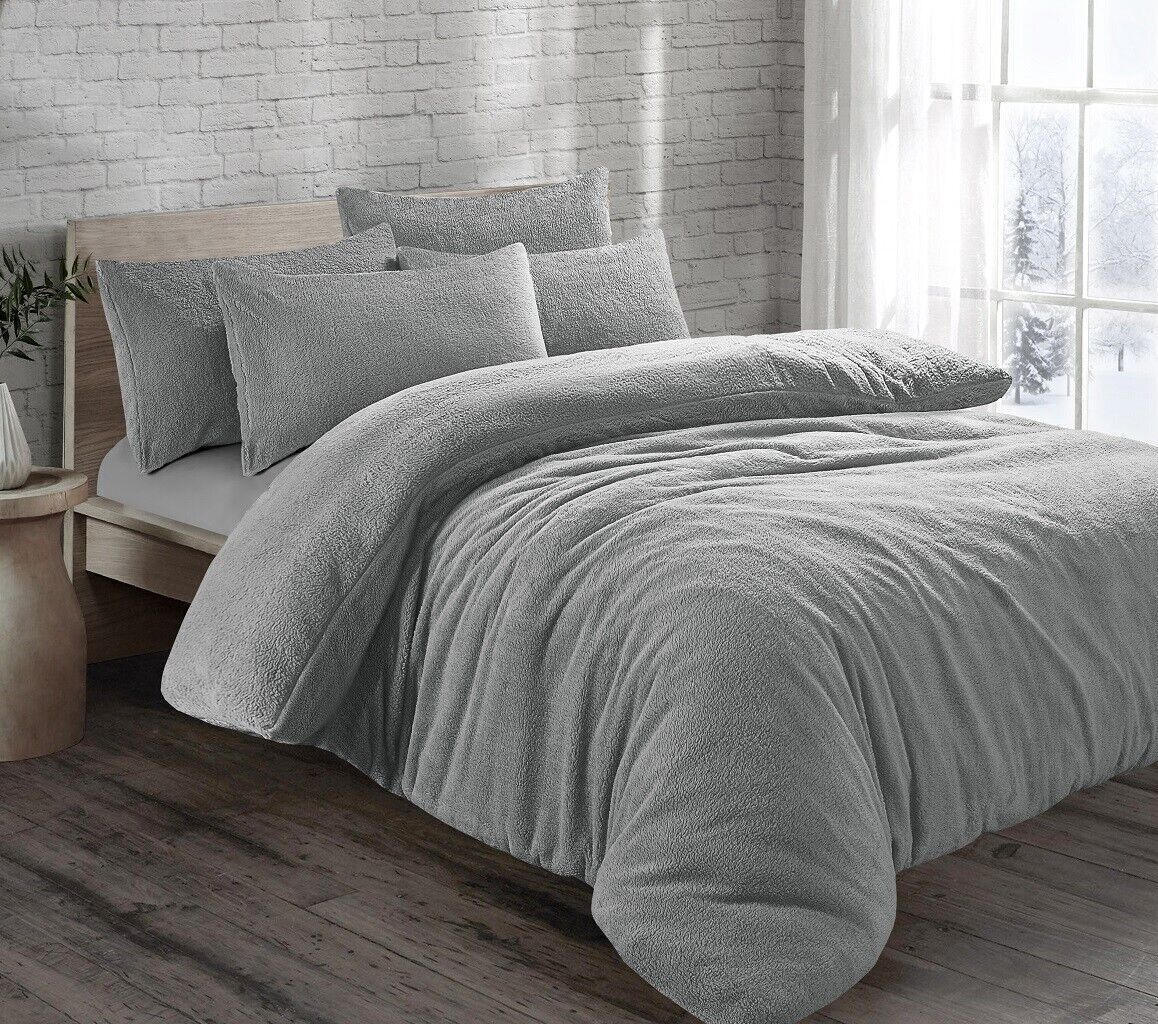
7. Price Ranges Explained
Understanding the price ranges can help you make an informed decision:
- Budget: £9-£20
- Mid-range: £20-£50
- Premium: £50-£180
8. Standard Duvet Cover Sizes
Choosing the right size ensures a perfect fit:
| Size | Measurements |
|---|---|
| Twin/Twin XL | 70″ x 90″ |
| Full | 84″ x 90″ |
| Queen | 90″ x 96″ |
| King/Cal King | 108″ x 96″ |
| Oversized King | 116″ x 96″ |
9. Market Drivers
Several factors are driving the market growth:
- Increased Home Investment: More people are spending on home improvements.
- Expansion of E-commerce: Online platforms make shopping easier.
- Demand for Sustainable Products: Eco-friendly options are in demand.
- Focus on Sleep Quality: People invest in better bedding for improved sleep.
10. Challenges in the Market
Despite the growth, there are challenges:
- Competition: International manufacturers are entering the market.
- Raw Material Prices: Fluctuating prices can affect product costs.
- Evolving Preferences: Companies need to adapt to changing consumer needs.
- Sustainable Practices: There’s a need for more eco-friendly manufacturing.
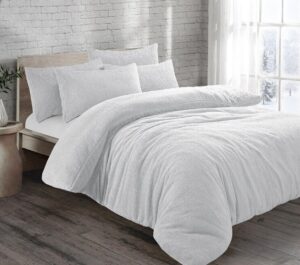
11. Tips from an Expert
As someone who has spent years in the bedding industry, here are some tips:
- Invest in Quality: A good duvet cover can last for years.
- Consider Thread Count: Higher thread counts mean softer fabric.
- Check for Sustainability: Eco-friendly materials are better for you and the planet.
- Don’t Skimp on Size: Get the right dimensions for your duvet.
12. Personal Anecdote
I once switched to a linen duvet cover and was amazed at how it regulated temperature. I no longer tossed and turned because it was too hot or too cold. It made a significant difference in my sleep quality.
Frequently Asked Questions
Q: How often should I wash my duvet cover?
A: It’s recommended to wash your duvet cover every two weeks to keep it clean and fresh.
Q: Can I use a duvet cover without a top sheet?
A: Yes, many people prefer using just a duvet cover as it’s easier to wash and maintain.
Q: Are expensive duvet covers worth it?
A: Investing in a premium duvet cover often means better materials and durability, which can be worth the cost in the long run.
Q: What’s the best material for sensitive skin?
A: Natural materials like organic cotton or bamboo are excellent for sensitive skin.
Q: How do I prevent my duvet from slipping inside the cover?
A: Look for duvet covers with ties or clips inside to secure the duvet in place.
Explore More Bedding Options:

By understanding duvet covers, you’re well on your way to enhancing your bedroom’s comfort and style. Happy sleeping!


